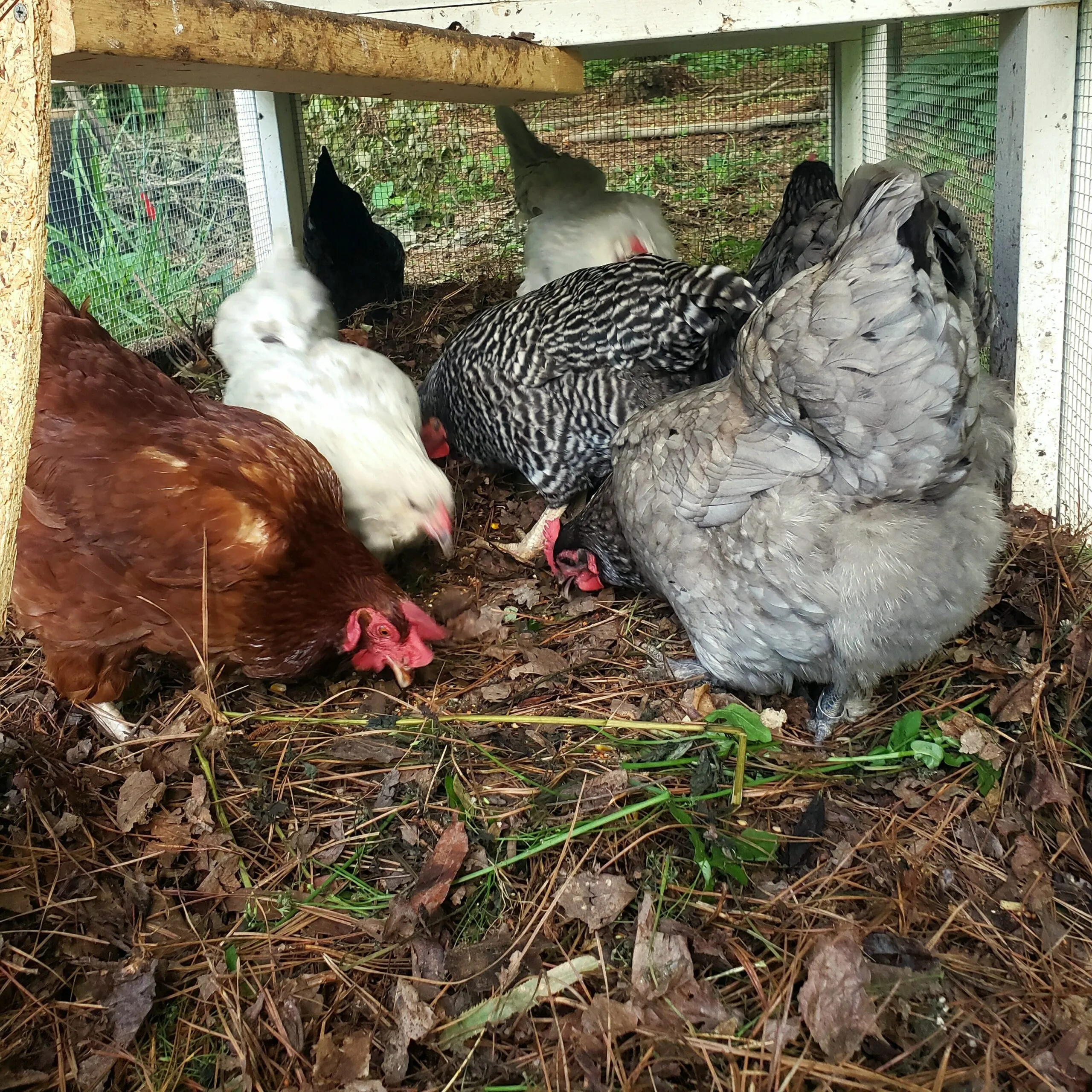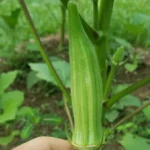Chickens are low-maintenance pets, but they’re not entirely ‘no-maintenance.’ Preventative care is the key for stopping problems before they arise. Over the past few years, I’ve discovered four simple ways to keep my flock healthy without spending excessive time and money. I hope you find these tips helpful and informative!
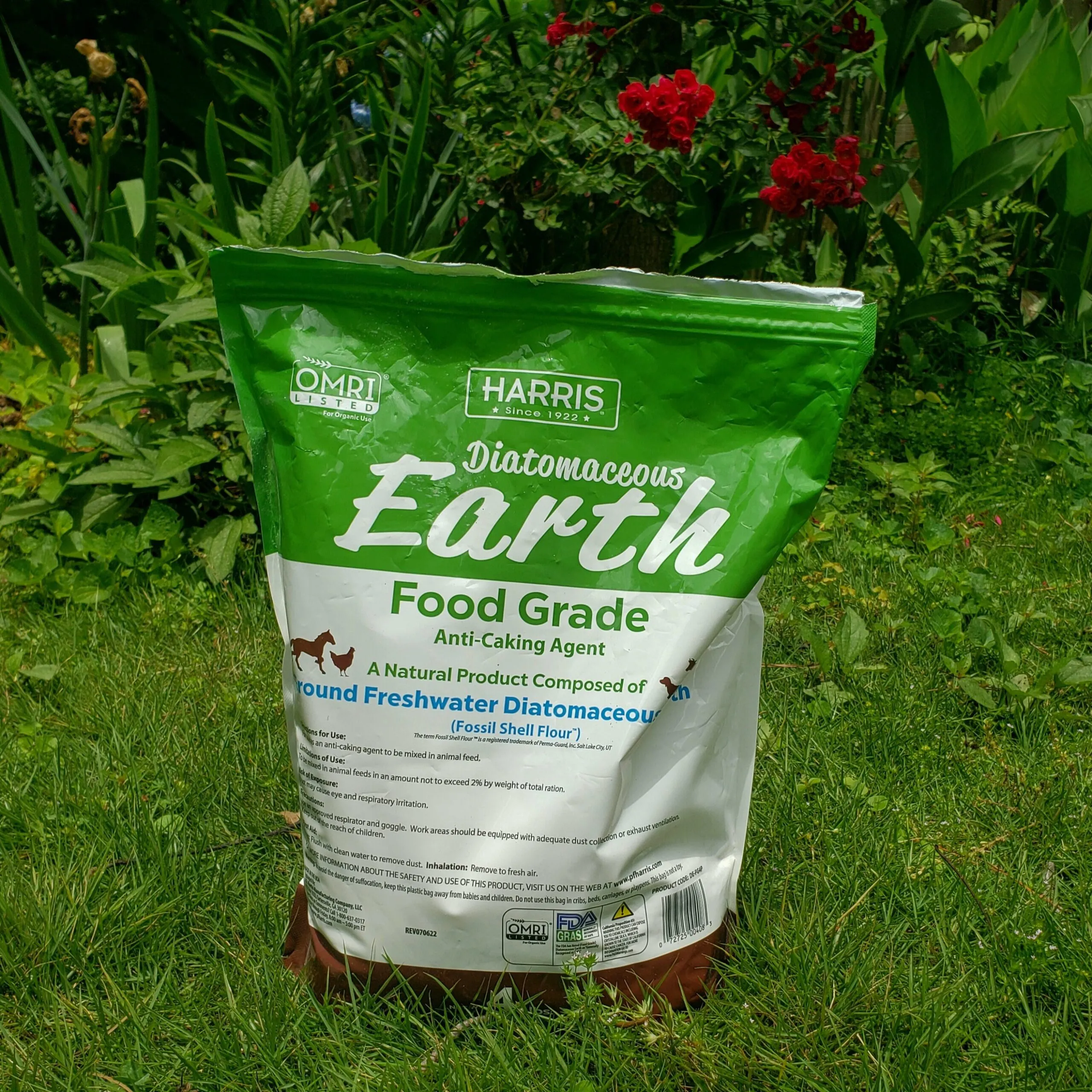
1 – Diatomaceous Earth
Diatomaceous Earth is essential for chicken keepers because it’s a highly effective natural treatment for mites and other insect issues. This extremely fine powder grinds up and dehydrates insects, but it also poses a risk. Chickens have very fragile respiratory systems, so a fine powder like this can be dangerous for both the chickens and their keeper. Always wear a mask when using Diatomaceous Earth, and be careful to use small amounts. I sprinkle a tiny (TINY!) amount in each nesting box and mix it into the woodchips so that every bird coats their feet and belly when they lay eggs as a preventative mite treatment. Make sure to fully air out the coop before allowing your birds back in! Additionally, if your chickens scratch at the bedding in your coop, this might not be the safest option. At Good Chicken Gardens, the girls only go to the nesting box to lay, so the risk of respiratory irritation is low.
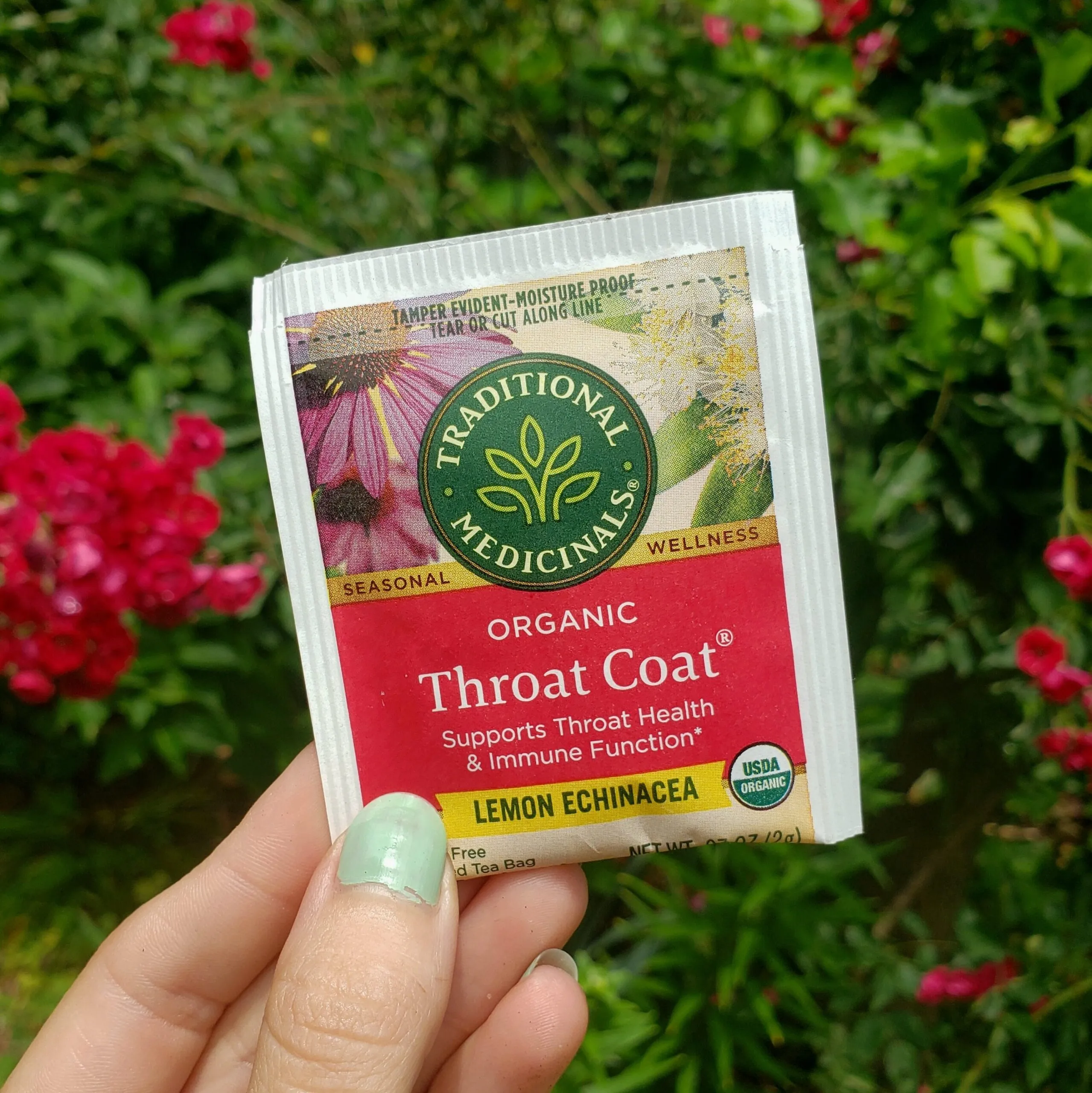
2 – Echinacea Tea
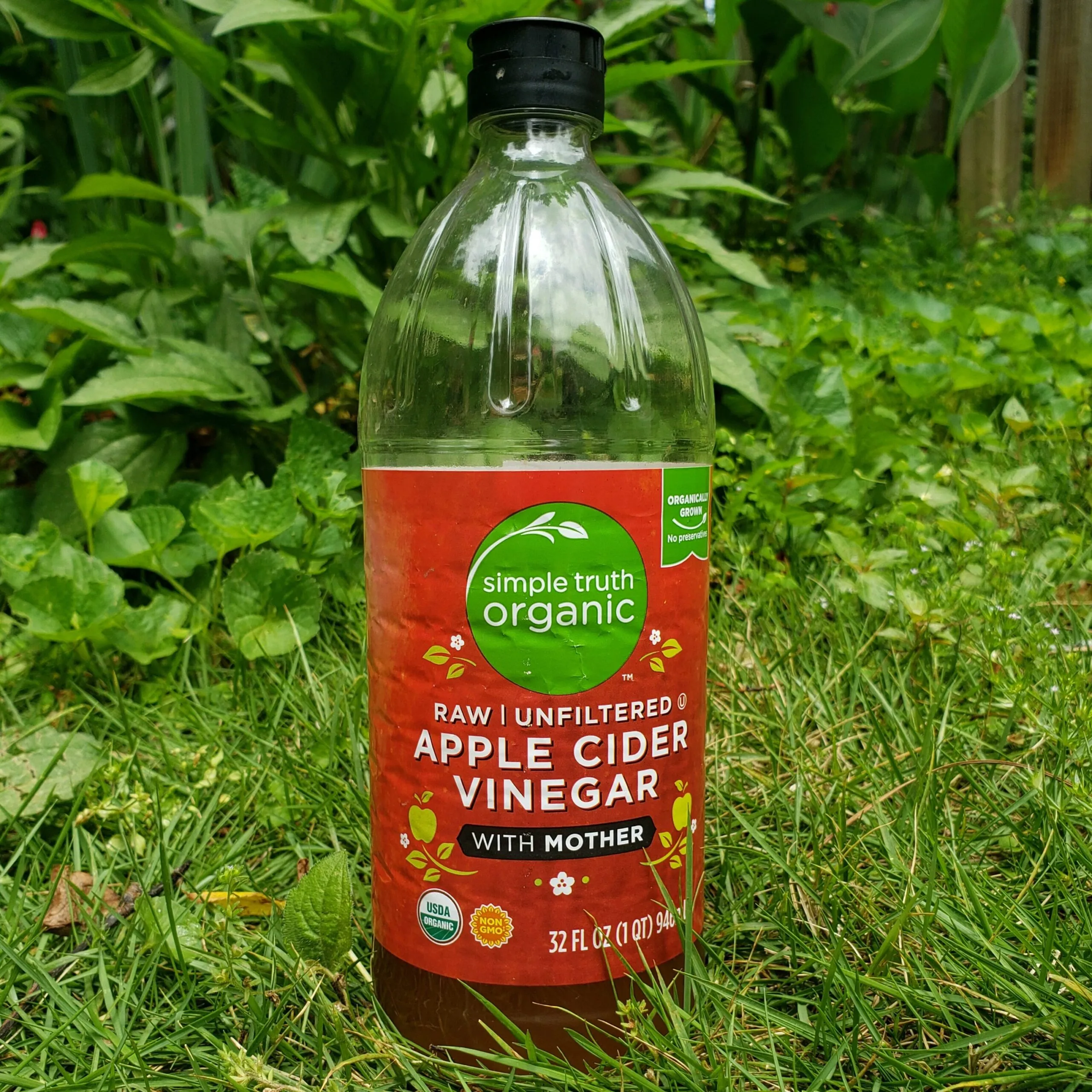
3 – Apple Cider Vinegar (with the Mother)
While there are numerous online claims that apple cider vinegar is a cure-all for every flock issue, that’s an exaggeration. But it is an easy way to help your birds gain weight and boost their immune systems. Adding apple cider vinegar to your flock’s water can improve nutrient absorption in their intestines, which in turn passes more nutrition along to the eggs. It’s also an effective preventative treatment for coccidiosis and has antibacterial properties that help prevent other infections in your flock. However, it’s important to note that apple cider vinegar must be properly diluted because it is highly acidic which can harm your chicken’s beak, throat, and crop. At Good Chicken Gardens, the flock usually gets a tablespoon in their water once a week, but you can definitely add it more often as long as you never exceed 2% Apple Cider Vinegar in the water.
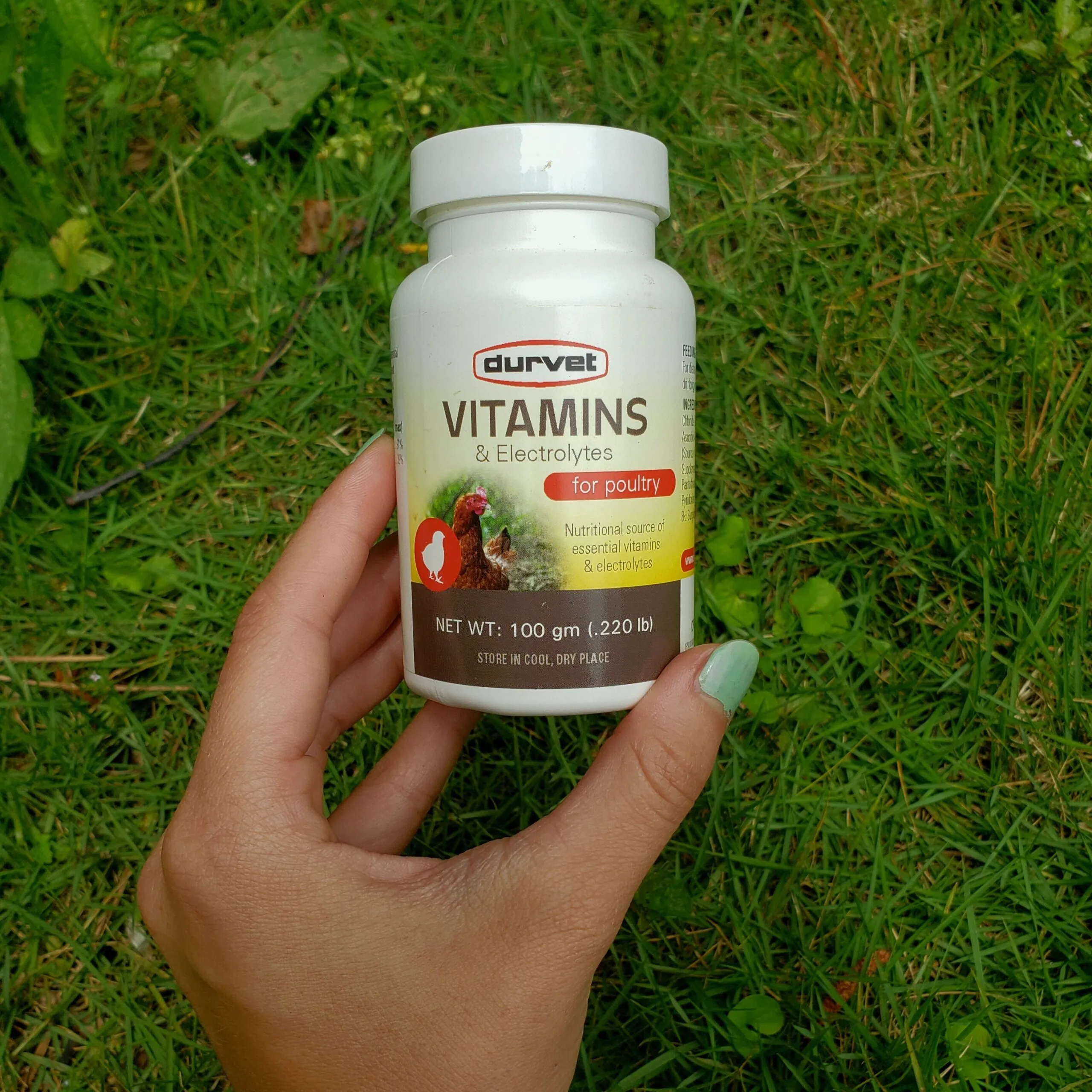
4 – Electrolytes
Good Chicken Gardens is located in the South-Eastern United States, where summers can be scorching hot. Heat stress poses a significant challenge for chickens, but supplementing their diet with extra minerals can help the birds cope with the stress with ease. While studies suggest electrolytes have a minimal effects on chicken growth and physiology, my anecdotal experience seems to indicate that increased mineral intake improves my flock’s ability to endure heat. At Good Chicken Gardens, we include one scoop of powdered Vitamins and Electrolytes in our flock’s water once a week, which has proven effective in helping them manage the heat. However, it’s worth noting that this supplementation may not be necessary for every flock, as needs vary depending on climate and diet.
